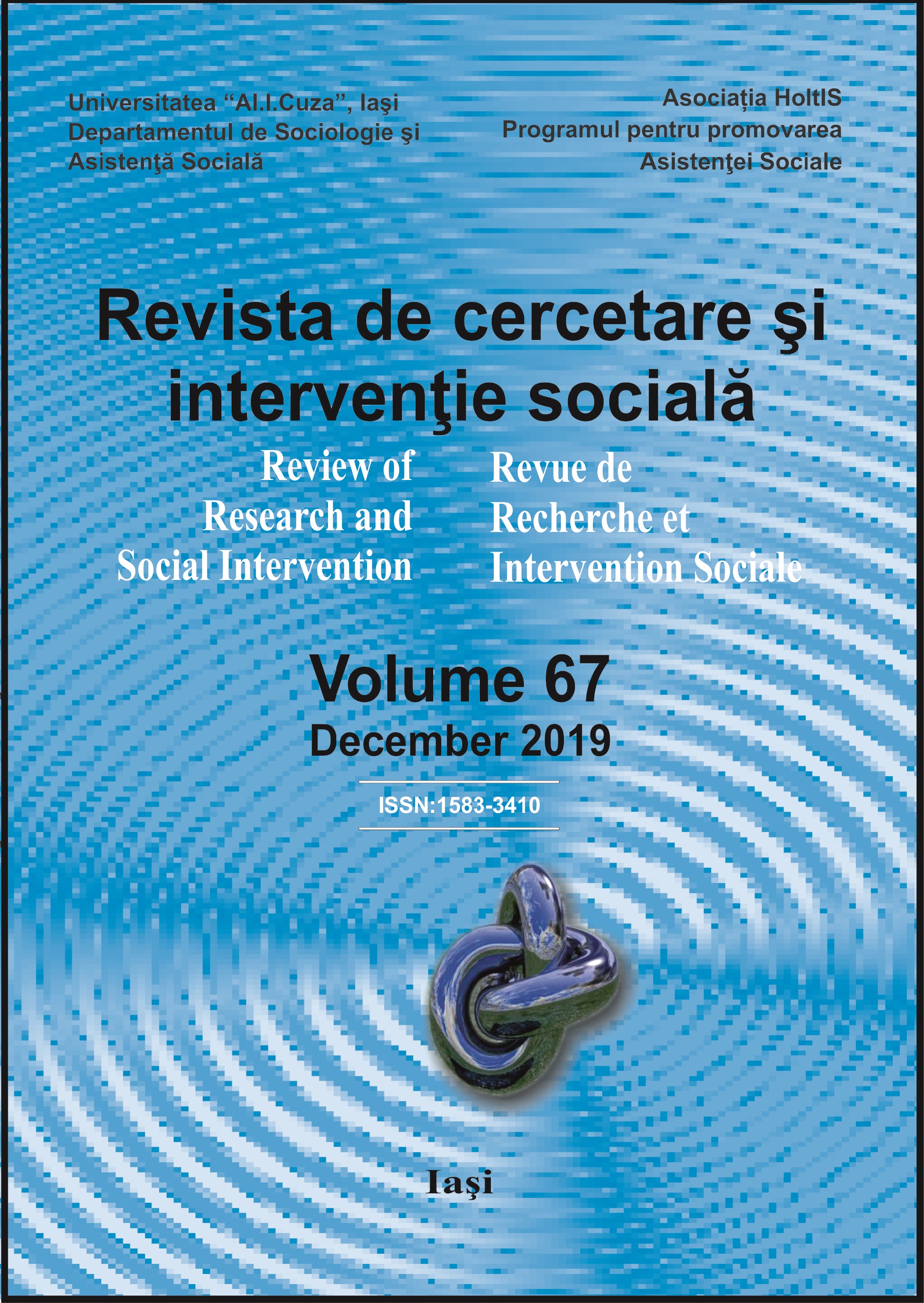Self-Regulated Learning and Academic Performance – The Mediating Role of Students’ Achievement Goals
Self-Regulated Learning and Academic Performance – The Mediating Role of Students’ Achievement Goals
Author(s): Ramona PALOS, Silvia MAGUREAN, Merima Carmen PetroviciSubject(s): Social Sciences, Education, Sociology
Published by: Expert Projects Publishing
Keywords: self-regulated learning; achievement goals; academic performance; motivation; social integration;
Summary/Abstract: Previous research highlights that self-regulated learning makes a difference in students’ achievement, and is helpful in improving their performance. The present study aimed to test a model which assumed that relationships between self-regulated learning and academic performance are mediated by the achievement goals that students endorse. 254 students enrolled in Psychology undergraduate courses were tested. The results showed that performance-approach goals were those which predicted grades and not mastery-approach goals. Moreover, performance-approach goals mediated the relationship between self-efficacy and academic performance. Also, two of the self-regulated learning components’ (i.e., self-efficacy and self-regulation) predict academic performance directly, no matter what type of achievement goals students pursue. Knowing this, teachers can help students to learn better, to monitor their progress and to achieve their objectives.
Journal: Revista de Cercetare şi Intervenţie Socială
- Issue Year: 2019
- Issue No: 67
- Page Range: 234-249
- Page Count: 16
- Language: English

